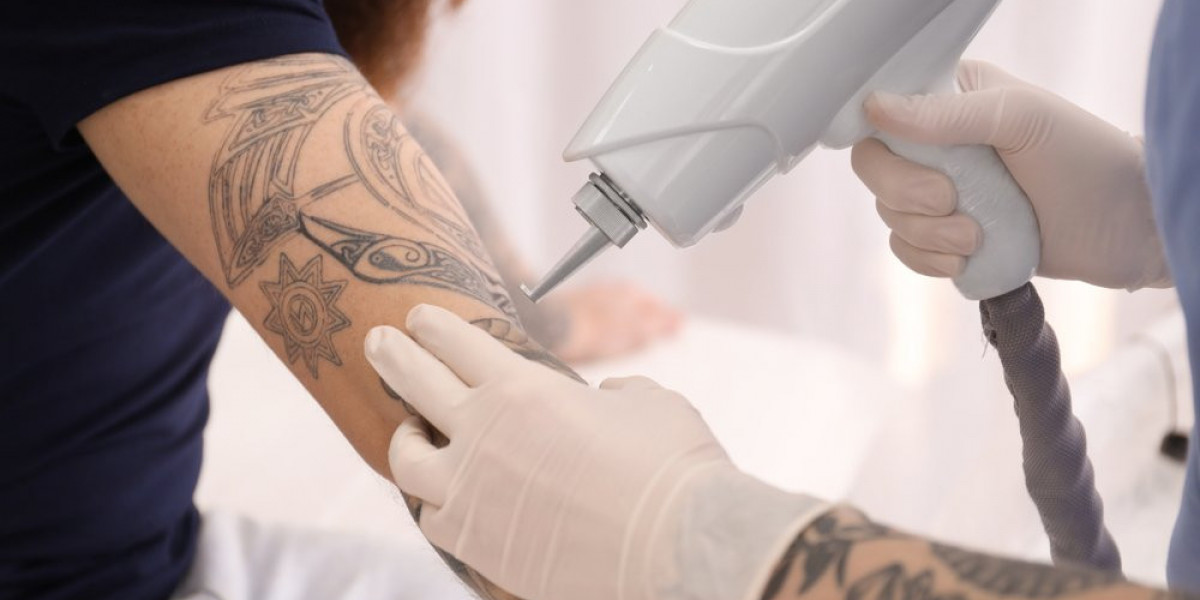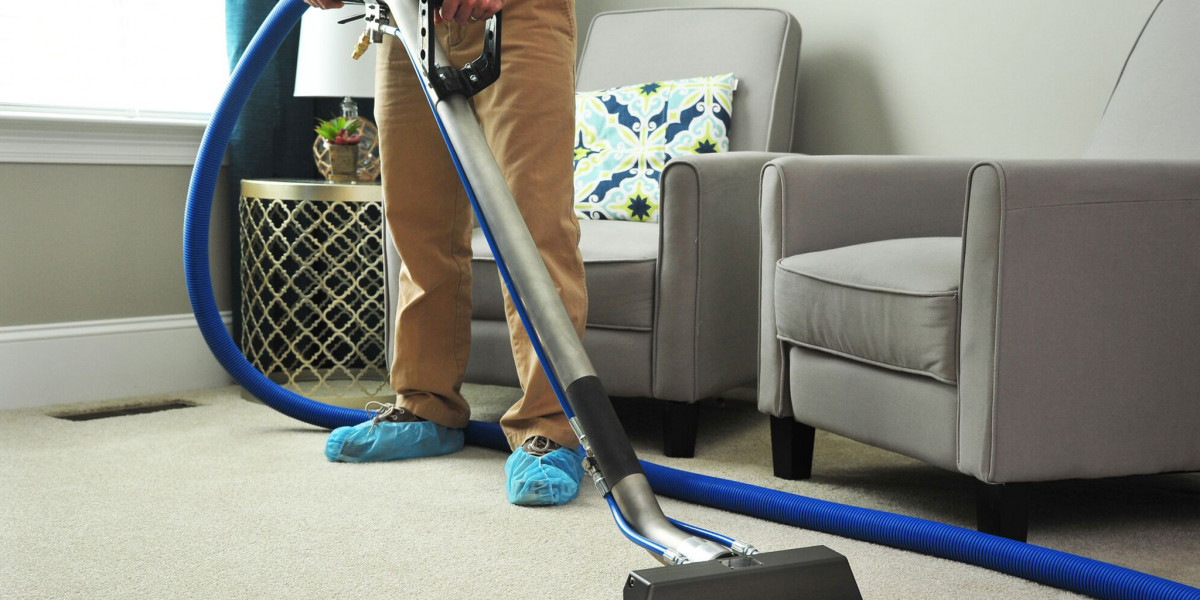Tattoo removal has become a common procedure in Islamabad as more people seek to erase unwanted tattoos. While advancements in laser technology have made tattoo removal safer and more effective, proper aftercare is crucial to ensure optimal healing, reduce side effects, and achieve the best possible results. Taking care of your skin after each session helps protect it from complications like infection, scarring, and pigmentation changes. Tattoo Removal in Islamabad has become increasingly popular as more people seek safe, effective, and professional solutions to erase unwanted ink.
If you’re undergoing tattoo removal in Islamabad or planning to start soon, understanding the right aftercare steps can make a significant difference in your healing process. This article will guide you through essential skin care tips after tattoo removal tailored to the local climate and conditions.
Immediate Aftercare: The First 24 to 48 Hours
Right after your laser session, your skin will be sensitive, red, and may have mild swelling or blistering. This is a normal inflammatory response to the laser breaking down tattoo ink particles.
What to do immediately:
Keep the area clean and dry. Gently pat the treated area with a clean, soft towel—avoid rubbing.
Apply a prescribed ointment or healing cream. Many dermatologists in Islamabad recommend antibiotic ointments or specialized creams to protect the skin and promote healing.
Avoid covering the area with tight or irritating clothing. Loose, breathable fabrics help prevent irritation.
Avoid scratching or picking any scabs or blisters. Let them heal naturally to prevent scarring or infection.
Managing Pain and Discomfort
Some mild discomfort, tenderness, or a burning sensation is normal after treatment.
Use over-the-counter pain relief, such as paracetamol or ibuprofen, if necessary. Avoid aspirin as it can thin the blood.
Applying a cold compress wrapped in a clean cloth can reduce swelling and soothe the area. Limit cold compresses to 10-15 minutes at a time.
Avoid hot showers or baths immediately after treatment; use lukewarm water instead.
Protecting the Skin from Sun Exposure
Islamabad experiences strong sunlight for much of the year, which makes sun protection vital after tattoo removal.
Avoid direct sun exposure on the treated area for at least 4 weeks after each session. UV rays can increase the risk of pigmentation changes like hyperpigmentation or hypopigmentation.
When you need to be outdoors, cover the treated skin with clothing or a bandage.
Apply a broad-spectrum sunscreen with SPF 30 or higher once the skin has healed enough to tolerate it (usually after a few days). Reapply sunscreen frequently if you are outside for extended periods.
Keeping the Skin Moisturized
Keeping the skin hydrated promotes faster healing and reduces dryness and itching.
Use a gentle, fragrance-free moisturizer recommended by your dermatologist.
Avoid heavy creams or oily products that can clog pores or irritate the skin.
Apply moisturizer regularly, especially if the skin feels tight or flaky.
Avoiding Irritants and Trauma
After laser tattoo removal, your skin is vulnerable to irritation.
Avoid applying makeup, perfumes, or harsh skincare products on the treated area until it fully heals.
Do not use scrubs, exfoliants, or chemical peels on the treated area during the healing period.
Avoid swimming pools, hot tubs, and saunas for at least a week as these can increase infection risk.
Refrain from intense physical activities that cause excessive sweating or friction on the treated skin.
Monitoring for Signs of Infection or Complications
While complications are rare with proper care, it’s important to monitor your skin.
Watch for increasing redness, swelling, pain, or pus, which could signal infection.
If you develop fever or notice spreading redness, contact your dermatologist immediately.
Persistent changes in skin color or texture should also be discussed during follow-up visits.
When to Resume Normal Activities
Generally, you can resume most daily activities within a day or two, but certain precautions remain essential until the skin fully recovers.
Avoid sun exposure and follow aftercare instructions until the skin looks and feels normal.
Follow your dermatologist’s advice about when it’s safe to schedule your next laser session, typically after 4 to 8 weeks.
Lifestyle Tips to Support Skin Healing in Islamabad
Stay hydrated. Drink plenty of water to keep your skin and body hydrated from within.
Eat a balanced diet rich in vitamins and antioxidants. Foods like fruits, vegetables, nuts, and fish support skin repair.
Avoid smoking and excessive alcohol consumption, as these can delay healing and affect skin quality.
Manage stress, which can influence skin health and immune response.
Why Proper Aftercare Matters
Following proper aftercare guidelines helps you:
Minimize side effects such as scarring, pigmentation changes, and infection.
Enhance laser effectiveness by promoting better healing and pigment clearance.
Speed up recovery time so you can progress to the next session sooner.
Maintain overall skin health and appearance.
Choosing the Right Clinic for Guidance
Clinics in Islamabad that offer tattoo removal often provide aftercare instructions and products. Opt for centers with:
Experienced dermatologists who can guide you through the healing process.
Clear communication and support for any questions or concerns post-treatment.
Follow-up care options to monitor healing and address complications promptly.
Conclusion
Proper skin care after tattoo removal is critical to achieving safe and effective results. In Islamabad’s climate, sun protection, gentle cleansing, and moisturizing are especially important. Following your dermatologist’s instructions carefully, avoiding irritants, and monitoring your skin’s response can help minimize risks and promote smooth healing.













